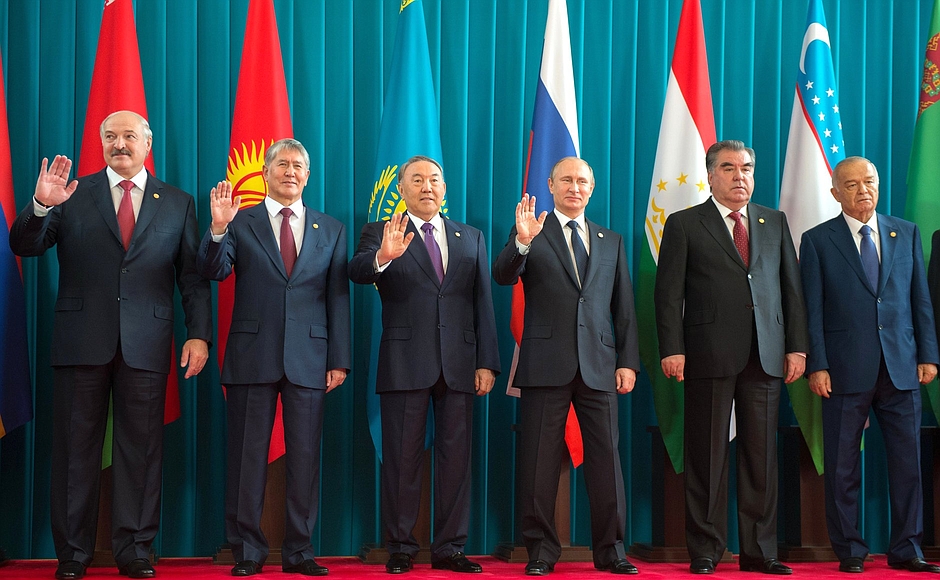Stamp: Colonel Gaddafi's Islamic Pilgrimage (Libya 1985)
Colonel Gaddafi's Islamic Pilgrimage (Libya 1985)
16 June (Libya ) within release Colonel Gaddafi's Islamic Pilgrimage goes into circulation Stamp Colonel Gaddafi's Islamic Pilgrimage face value 200 Libyan dirham
| Stamp Colonel Gaddafi's Islamic Pilgrimage in catalogues | |
|---|---|
| Michel: | Mi: LY 1551 |
Stamp is square format.
Also in the issue Colonel Gaddafi's Islamic Pilgrimage:
- Stamp - Colonel Gaddafi's Islamic Pilgrimage face value 200;
- Stamp - Colonel Gaddafi's Islamic Pilgrimage face value 200;
- Se-tenant - Colonel Gaddafi's Islamic Pilgrimage face value 5*200;
- Stamp - Colonel Gaddafi's Islamic Pilgrimage face value 200;
- Stamp - Colonel Gaddafi's Islamic Pilgrimage face value 200;
- Souvenir Sheet - Colonel Gaddafi's Islamic Pilgrimage face value 300;
- Stamp - Colonel Gaddafi's Islamic Pilgrimage face value 300;
- Stamp - Colonel Gaddafi's Islamic Pilgrimage face value 200;
Stamp Colonel Gaddafi's Islamic Pilgrimage it reflects the thematic directions:
A head of state (or chief of state) is the public persona that officially represents the national unity and legitimacy of a sovereign state. In some countries, the head of state is a ceremonial figurehead with limited or no executive power, while in others, the head of state is also the head of government. In countries with parliamentary governments, the head of state is typically a ceremonial figurehead that does not actually guide day-to-day government activities and may not be empowered to exercise any kind of secular political authority (e.g., Queen Elizabeth II as Head of the Commonwealth). In countries where the head of state is also the head of government, the president serves as both a public figurehead and the actual highest ranking political leader who oversees the executive branch (e.g., the President of the United States).
Religion is any cultural system of designated behaviors and practices, world views, texts, sanctified places, ethics, or organizations, that relate humanity to the supernatural or transcendental. Religions relate humanity to what anthropologist Clifford Geertz has referred to as a cosmic "order of existence". Different religions may or may not contain various elements ranging from the "divine", "sacred things", "faith", a "supernatural being or supernatural beings" or "some sort of ultimacy and transcendence that will provide norms and power for the rest of life". Religious practices may include rituals, sermons, commemoration or veneration (of deities), sacrifices, festivals, feasts, trances, initiations, funerary services, matrimonial services, meditation, prayer, music, art, dance, public service, or other aspects of human culture. Religions have sacred histories and narratives, which may be preserved in sacred scriptures, and symbols and holy places, that aim mostly to give a meaning to life. Religions may contain symbolic stories, which are sometimes said by followers to be true, that have the side purpose of explaining the origin of life, the Universe and other things. Traditionally, faith, in addition to reason, has been considered a source of religious beliefs. There are an estimated 10,000 distinct religions worldwide. About 84% of the world's population is affiliated with one of the five largest religions, namely Christianity, Islam, Hinduism, Buddhism or forms of folk religion.


